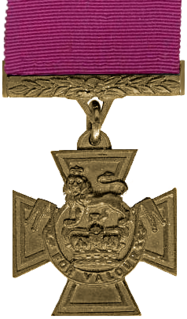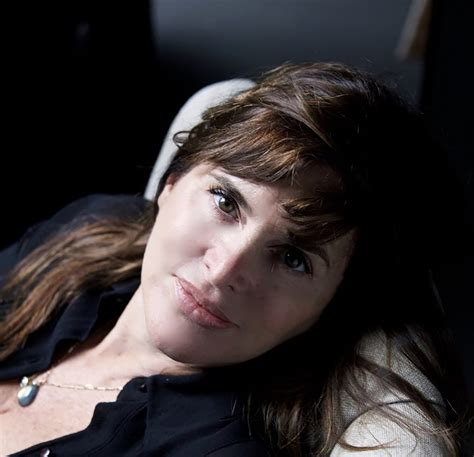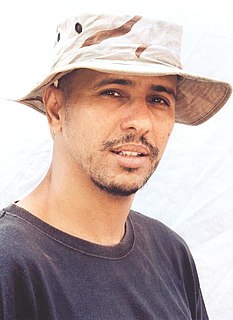A Quote by Philip Levine
My earliest poems were a way of talking to somebody. I suppose to myself.
Related Quotes
I loved them all the way one loves at any age -- if it's real at all -- obsessively, painfully, with wild exultation, with guilt, with conflict; I wrote poems to and about them, I put them into novels (disguised of course); I brooded upon why they were as they were, so often maddening don't you know? I wrote them ridiculous letters. I lived with their faces. I knew their every gesture by heart. I stalked them like wild animals. I studied them as if they were maps of the world -- and in a way I suppose they were.
If you can find two poems in a book, it could be a pretty good book for you. You know, two poems you really like. There are some poets who are fairly big names in contemporary poetry and who write a book and I might like three or four poems in the book, but the rest of them don't appeal to me personally; but I think that's the way it really ought to be. I think it's really a rare thing to like everything that somebody has written.
You can laugh at somebody because they are innocent, and because they are naive or they are about to walk into a wall, but if somebody's giving you stuff, if somebody's talking, giving you their take on things, what makes you laugh, generally speaking, is going to be somebody who is telling it in an angry way.







































